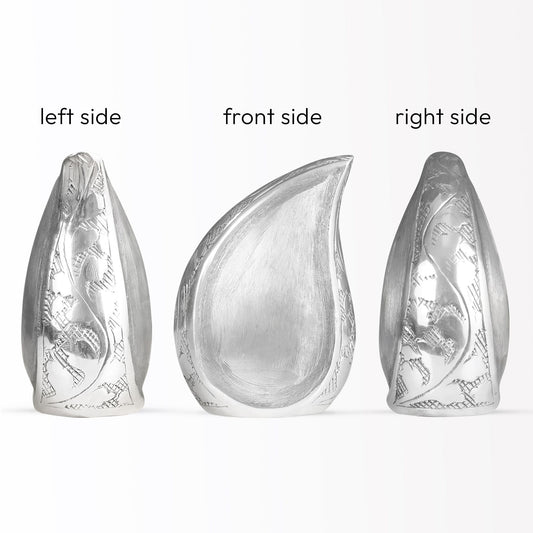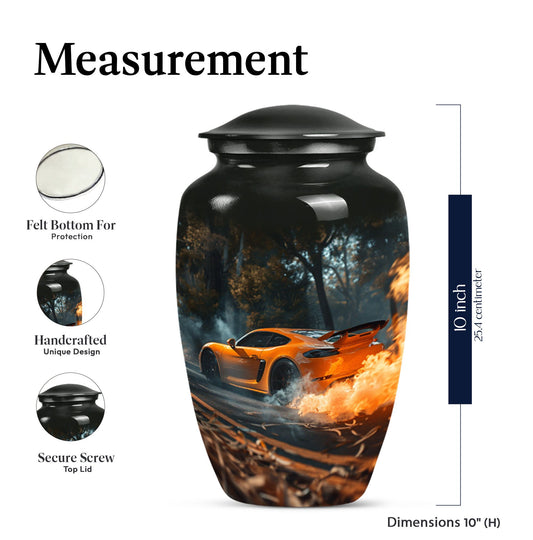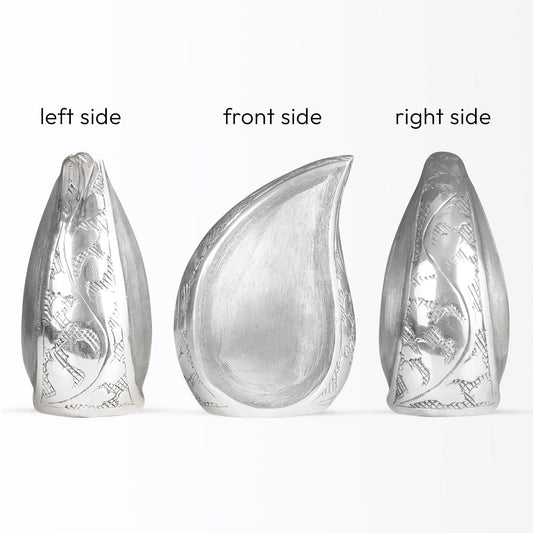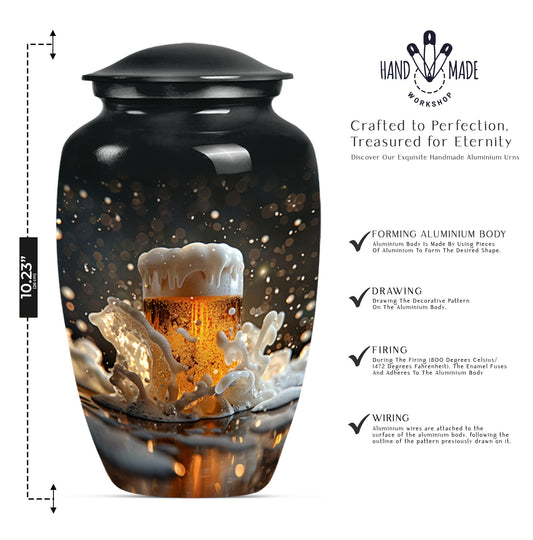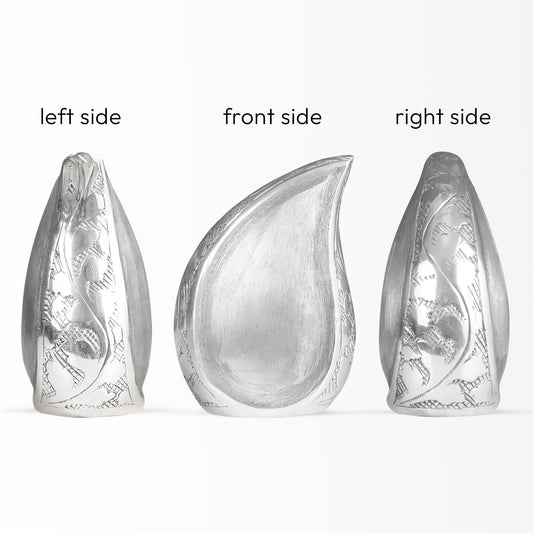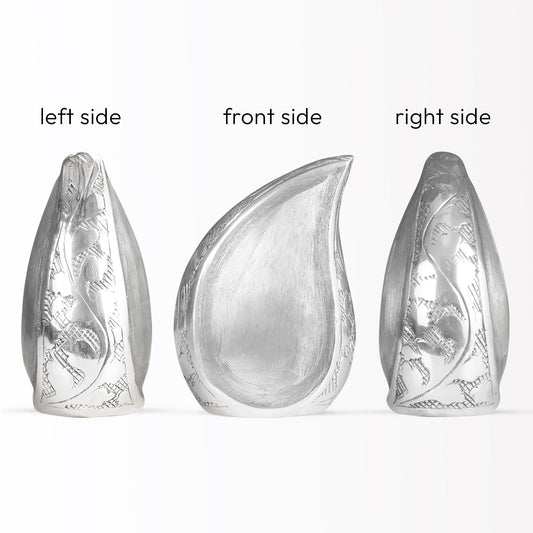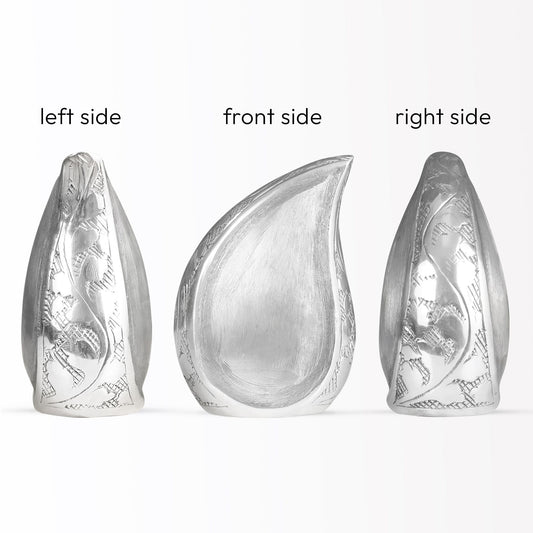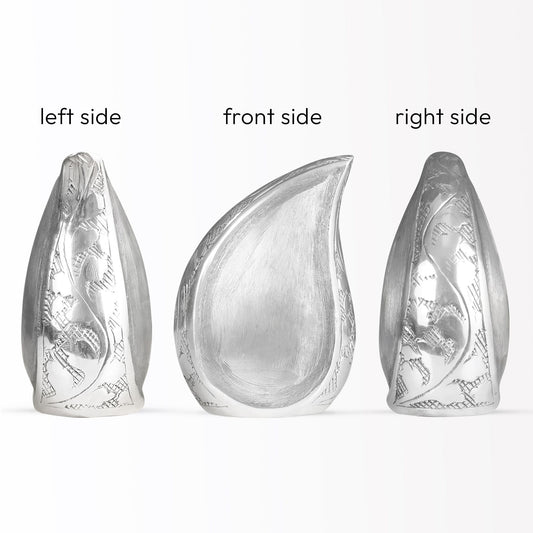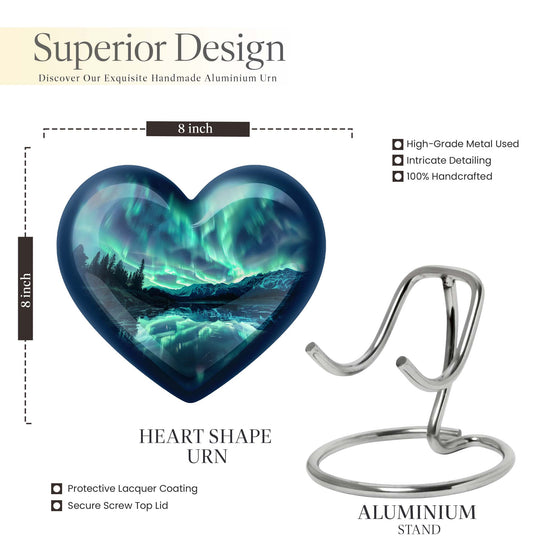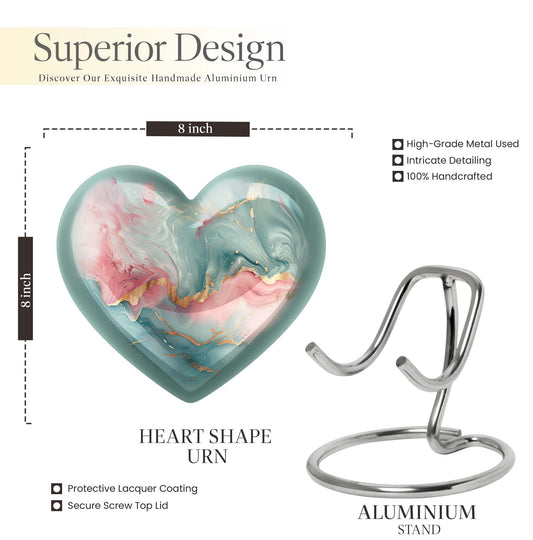Popular Urns
What Are the Cremation Rules And Regulations Of Delaware, USA?

Delaware Cremation Laws And The Limitations
Cremation is becoming a popular alternative to traditional burials in the United States, including Delaware, as it is dignified, environmentally friendly, and often less expensive. The process, however, is governed by certain laws that ensure respect, public safety, and ethical practice.In Delaware, there are laws regarding cremation where the legal requirements and procedural steps to cremate a corpse are stated, but which also have certain limitations and individuals should know about the same.

Legal framework for cremation in Delaware-
Delaware is one of the states governed by health and safety statutes, which together with industry standards for funeral services dictate how cremation must be done. The authority behind the entire process is the Delaware Division of Public Health in cooperation with licensed funeral homes and crematories.Legal steps to be undertaken before cremation can occur. First is when a licensed physician or a coroner certifies death. In order to determine the cause of death and ensuring that there will not be any legal or medical objections to cremation, death certificates are given.
The written consent of the next of kin or the representative of the deceased is also required. It will be impossible to hold the cremation process in case family members are not able to reach a mutual decision for the procedure. Delaware statute favors a positive declaration and not positive silence against unauthorized cremation.

Finally, a minimum period of 48 hours has to lapse from the declaration of death before cremation takes place. This is also some other legal or procedural course that could be ongoing within these 48 hours such as autopsy in case suspicion, and the death is unexplained.
While the cremation laws in Delaware strive to give clear and ethical directives, there are limitations that come with this. An example is that the strict legal requirements tend to cause delays in cremation. For instance, when obtaining a death certificate takes longer or getting consent from next of kin, this would cause the family much stress and hassle.
Other limits have to do with family litigation. Although state laws try to resolve such disputes, protracted disagreement can give rise to undue delay in time-to-resolution. It is indeed even more problematic with complex, as well as estranged, families.

In addition, Delaware law requires that all crematories be licensed and follow very strict standards in terms of operations. Although this ensures quality and safety, it can be limiting in terms of the availability of facilities, especially in rural areas. Families will have to travel farther or spend more money if a nearby crematory is not available.
Finally, Delaware does not have statutes for new cremation technologies such as the alkaline hydrolysis otherwise called water cremation. So, the state is a laggard in this field whereby more and more are embracing the ecotone friendly option, so to say, and that makes it unreachable to its citizen, and thus diminishing some choice to sustainability searchers.
Overall, it has provided a very thought-through and ethical way forward into how one would care about human bodies. So far, this is following the public health requirements, but these laws in Delaware have some negative issues, such as delay, family disputes, low facilities, and not updating new technologies. In the end, this practice calls for periodic review and adaptation.
The people's demand for cremation is increasing, so Delaware should review its legal system and abide by the ethics of the people while providing them with safety.



















